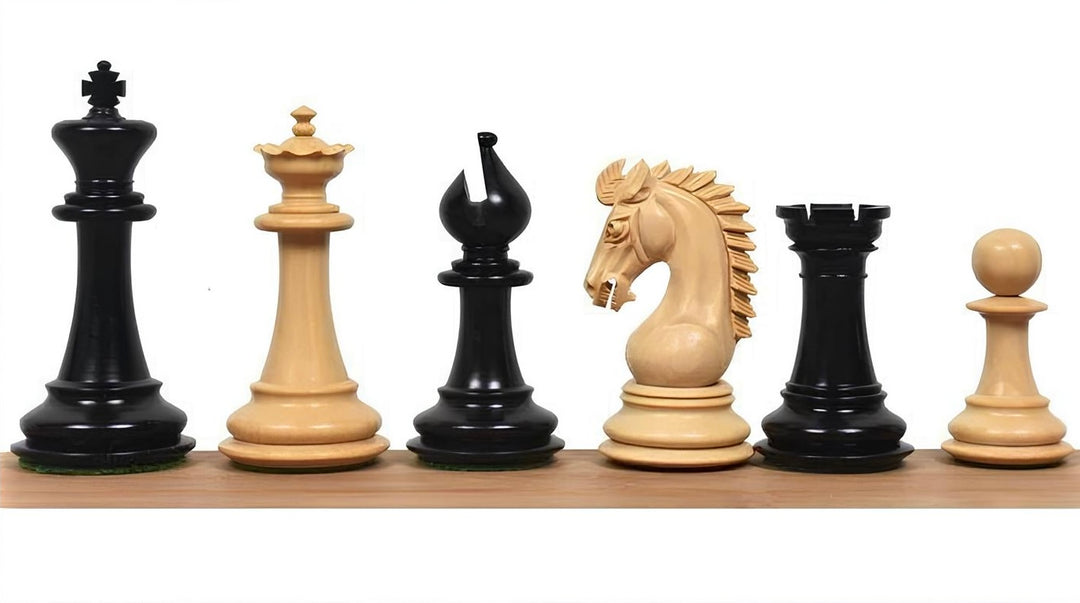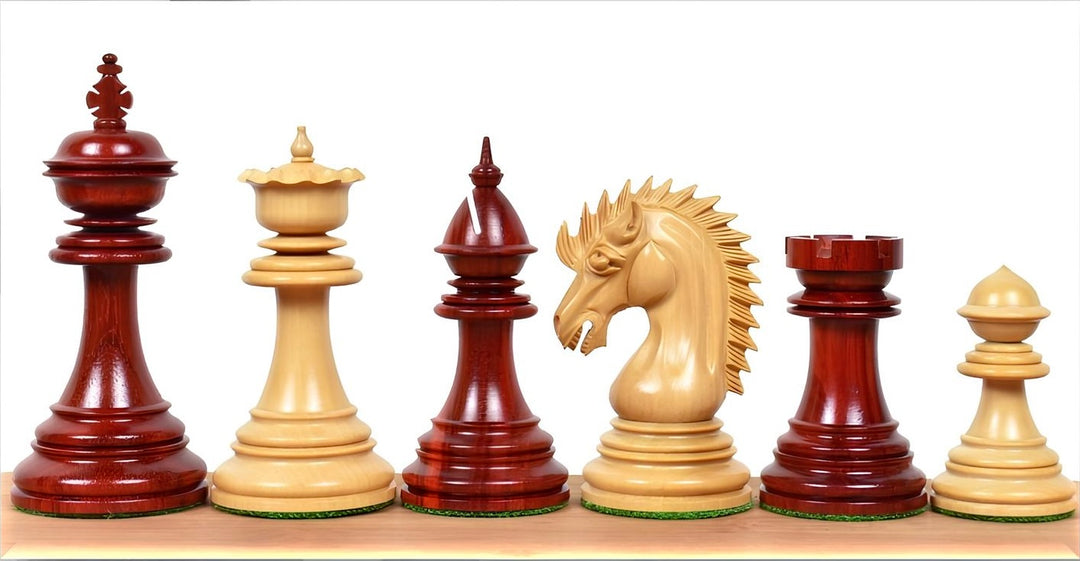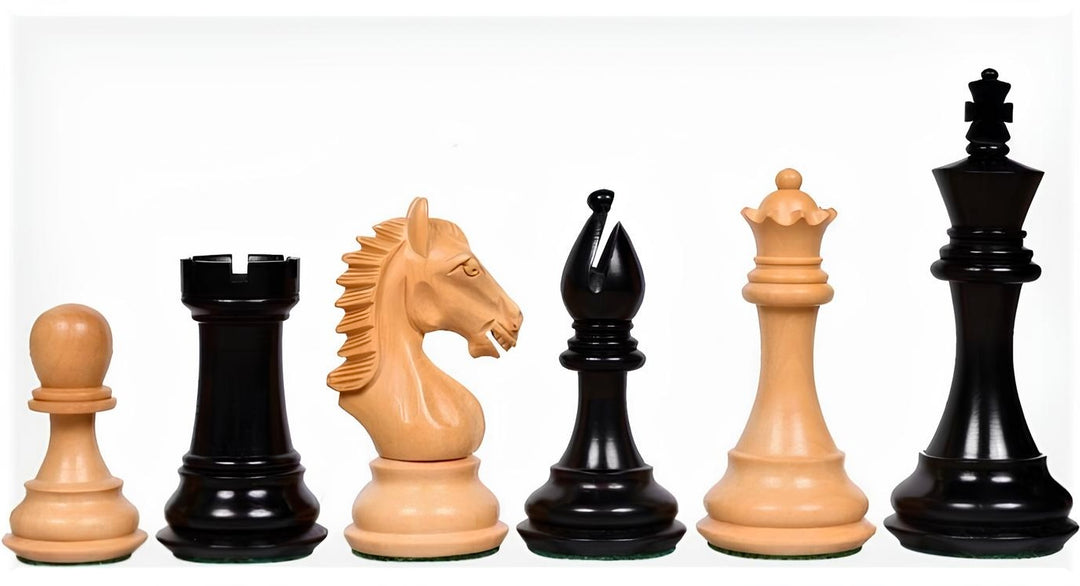Understanding Chess: A Timeless Strategy Game
Chess is a competitive game of strategy and skill that dates back to around the 6th century. Played on an 8x8 square board with alternating light and dark squares, it involves two players each controlling a set of 16 pieces comprised of one king, one queen, two rooks, two knights, two bishops, and eight pawns. The primary objective of chess is to checkmate the opponent's king, meaning the king is in a position to be captured (check) and cannot escape from capture.
Origins and Evolution of Chess
The game originated in India as Chaturanga before spreading to Persia, becoming Shatranj. As the Moors invaded Spain, chess moved into Europe and further evolved into its current form during the 15th century. Throughout history, variations of the game bubbled up in different regions, each adding unique interpretations and rules, contributing to the rich complexity of modern chess.
The Chess Pieces and Their Moves
1. The King
The king is the most important piece, though not necessarily the most powerful. The king can move exactly one square horizontally, vertically, or diagonally. A primary aspect of chess strategy is the safety of the king, which must be protected at all costs.
2. The Queen
The queen is the most powerful piece on the board. She can move any number of squares in any direction, making her vital for both offense and defense.
3. Rooks
Rooks are positioned at the corners of the chessboard. They can move any number of squares, but only forward, backward, and directly sideways.
4. Bishops
Bishops can move any number of squares diagonally. Each starts on one color (either light or dark) and must always remain on that color.
5. Knights
Knights have a unique L-shaped move, which allows them to jump over other pieces. This makes them especially useful for breaking up the enemy's defenses.
6. Pawns
Pawns can move forward one square, or two squares from their initial position, and they capture one square diagonally. They also have a special move called en passant and can be promoted to any other piece (usually a queen) if they reach the opponent's back rank.
Chess Strategy and Tactics
Chess strategy involves setting and achieving long-term positioning advantages during the game. Players must protect their king while looking to undermine the opponent’s defense and capture their king. Tactics, on the other hand, are short-term plans which players employ to achieve immediate objectives such as capturing pieces, gaining a positional advantage, or creating threats.
Opening Principles
The opening phase of the game focuses on the development of pieces, control of the center of the board, and king safety. Well-known openings include the Ruy Lopez, Sicilian Defense, and the French Defense.
Middlegame
The middlegame begins when most pieces have been developed. Themes like pawn structure, piece mobility, and king safety become prominent, and players must maneuver for position and material advantage.
Endgame
The endgame arises when there are few pieces left on the board. Endgames test a player's knowledge of pawn structures and their ability to utilize their king actively.
Famous Chess Players
Historically significant players like Wilhelm Steinitz, Emanuel Lasker, Bobby Fischer, and Garry Kasparov have become legends, remarkable not only for their skills but also for changing the way we understand and approach chess. More recently, Magnus Carlsen, with his aggressive playstyle and deep understanding of the game’s intricacies, has dominated modern chess.
Conclusion
Chess is not merely a game but a profound intellectual challenge which has stood the test of time. It combines an infinite array of tactics with deep strategic planning and psychological warfare, making it a perpetually fascinating and rewarding pursuit for players of all ages and backgrounds.
Explore our large collection of luxurious chess sets!


































Leave a comment